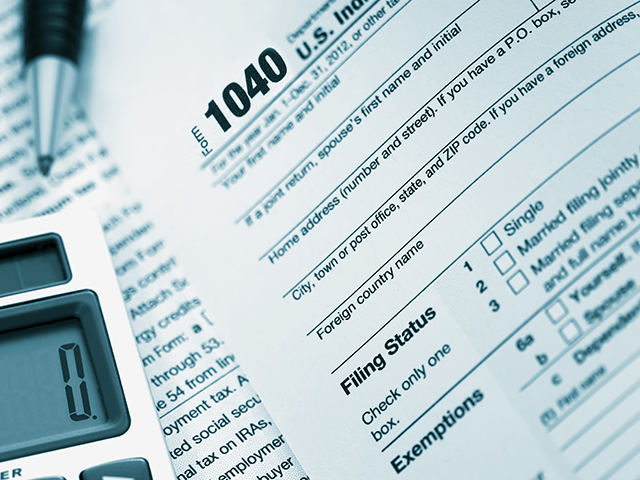Taxlink
The Biden Tax Plan
Probably the No. 1 question I got in 2020 was, "What is the Biden Tax Plan [BTP], and how will it impact farms?" (At the time of writing this article, Joe Biden was still president-elect. It also should be noted that no tax-overhaul plan has been introduced in Congress since Biden became president.)
Because we don't have anything concrete, I will discuss the BTP as set forth by Joe Biden and his campaign.
Before we start, let's look at the cost of the BTP. Several reputable tax think tanks have reviewed it, and the consensus is that the BTP will generate $3.5 trillion to $4 trillion in additional tax revenue. About half from individuals and half from businesses.
For corporations, the BTP calls for increasing the corporate tax rate from 21% to 28%. It would eliminate tax preferences for fossil fuels and tighten rules for the classification of employee vs. independent contractors (and increase penalties for improper classification). On the positive side, the BTP would expand the New Markets Tax Credit and renewable energy tax credits.
P[L1] D[0x0] M[300x250] OOP[F] ADUNIT[] T[]
For individuals, the BTP would increase the top tax rate to 39.6% for incomes over $400,000 and increase top capital gains rates to 39.6% for incomes over $1 million. Itemized deductions would be capped to 28% of value, and Section 199A would be phased out for incomes over $400,000. It would expand the Child Tax Credit, Child and Dependent Care Tax Credit and Earned Income Tax Credit.
The BTP calls for major changes to estate tax. It would revert the estate/gift exemption to 2009 numbers, which were $3.5 million per person. The estate tax rate would increase to 45%, and it calls for the elimination of stepped-up basis. Although not in the BTP, the Biden Campaign has said President Biden will reintroduce a tax bill submitted by former president Barack Obama that taxes unrealized capital gains at death (mark to market).
What does this mean for farming? At this point, I'm not overly concerned about the impact on income tax for active farmers.
I think you will see a tax structure similar to President Obama's. However, if you are exiting farming without a tax-deferral plan, you could be subject to high taxes and limited deductions (Schedule A, 199A). I am worried about estate tax changes. Most farmers keep their land until death for rental income and to get a stepped-up basis. If land held at death was subject to mark to market and estate tax, it could hurt the ability to transition the farm to the next generation. Also, without stepped-up basis, the beneficiaries inherit the parent's negative capital account (deferred tax liability).
WHAT SHOULD YOU DO?
My advice is to talk to your tax professional. I'm hopeful that once President Biden expands on the BTP, he will include relief for small businesses and farms. In the meantime, keep up to date and start thinking about ways to mitigate the potential tax burdens for yourself (exiting farming) and your heirs (estate tax).
**
DTN Tax Columnist Rod Mauszycki, J.D., MBT, is a tax principal with CLA (CliftonLarsonAllen) in Minneapolis, Minnesota. Read Rod's "Ask the Taxman" column at about.dtnpf.com/tax. You may email Rod at taxman@dtn.com.
(c) Copyright 2021 DTN, LLC. All rights reserved.




